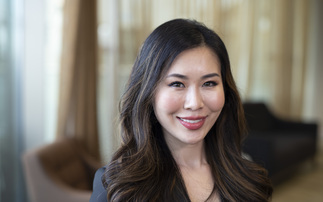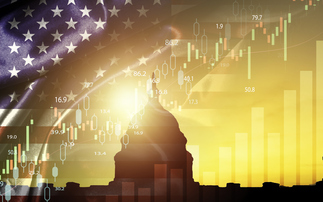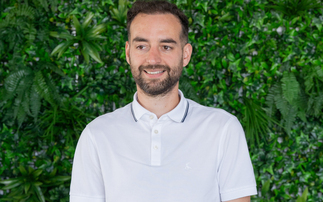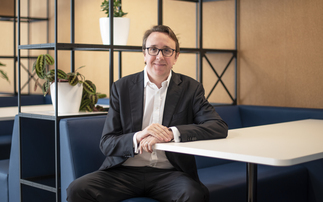
Investing is fundamentally about growing your personal wealth, but investors are increasingly aware that they can also have a positive impact beyond their own financial situation.
Socially responsible investing (SRI) and impact investing are two of the investment styles that fit the bill in this regard. They both sit within the broad church of ESG-focused investing.
In the latest Professional Adviser Digital Working Lunch, Baillie Gifford client service director Rosie Rankin took stock of the various ways investors can help create positive change in the world via their investment choices.
"The world is really unpredictable and perhaps uncertainty is the only certainty there is," Rankin told participants. "We are certainly surrounded by very complex challenges. I do not know about you, but when I'm reading or watching the news it can sometimes become quite overwhelming. From the war in Ukraine to challenges around persistent poverty, the cost of living crisis and resource scarcity."
"It can all feel very depressing. But I think the good news is that we can do something about some of these challenges, and doing something about it does provide investment opportunities."
Rankin explained that SRI is centred on excluding stocks or bonds issued by companies that may cause harm to society or the environment, such as tobacco producers. Impact investing is about selecting assets to invest in based on an expectation the related company has a positive impact on society.
Making these sort of choices within portfolios can be a win-win if done well, as companies which are ‘problem solvers' for society should generate healthy profits and wider good in tandem, Rankin noted.
"Impact investing is not the same as philanthropy," she said. "We believe that if companies are providing goods and services which really help address global challenges, they should see rising demand for those products.
"They will benefit from loyal customers and motivated employees who are seeking jobs with purpose. So we definitely think that by investing in exceptional companies that are providing solutions to global challenges, investors can capitalise on a transformation to a more sustainable and inclusive world. We truly believe purpose, complements profit."
Rankin noted that Baillie Gifford aims to own companies for the long term, with five to ten years being typical. She said that long holding periods are very compatible with both the firm's investment objectives and its impact aims.
"Sadly, we won't solve challenges like climate change or persistent poverty over the next quarter, or the next 12 months. We truly believe you have to have a multi-year time horizon."
Rankin highlighted Duolingo, Deere, Dexcom and Remitly as a good examples of companies driving positive change in the world.
She also noted that it is important for firms like Baillie Gifford to have the right impact monitoring, measuring and reporting systems in place on behalf of their clients.












